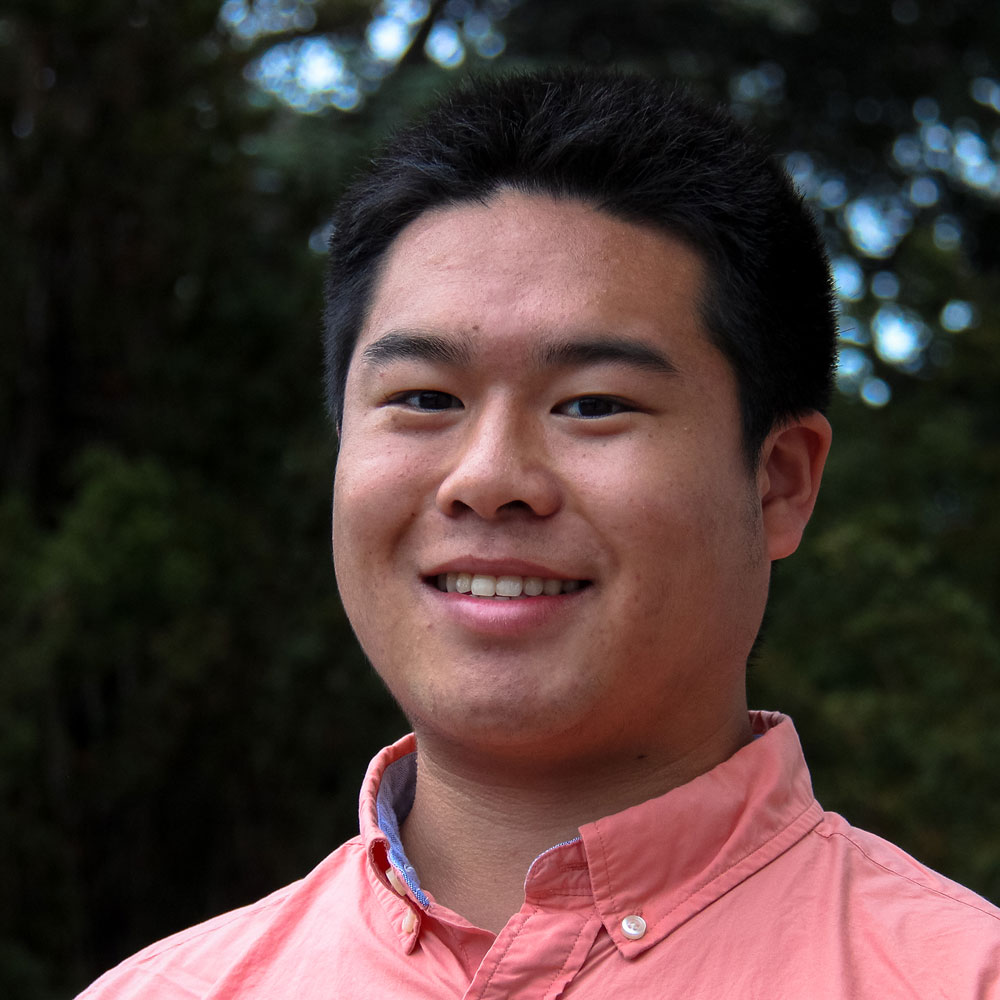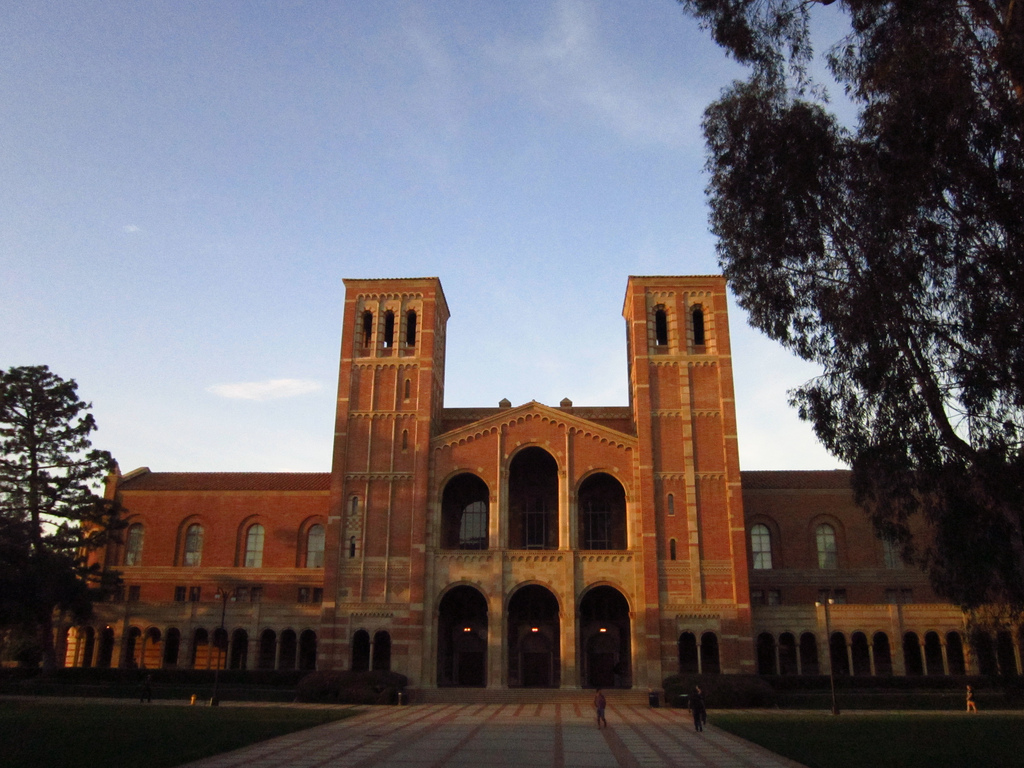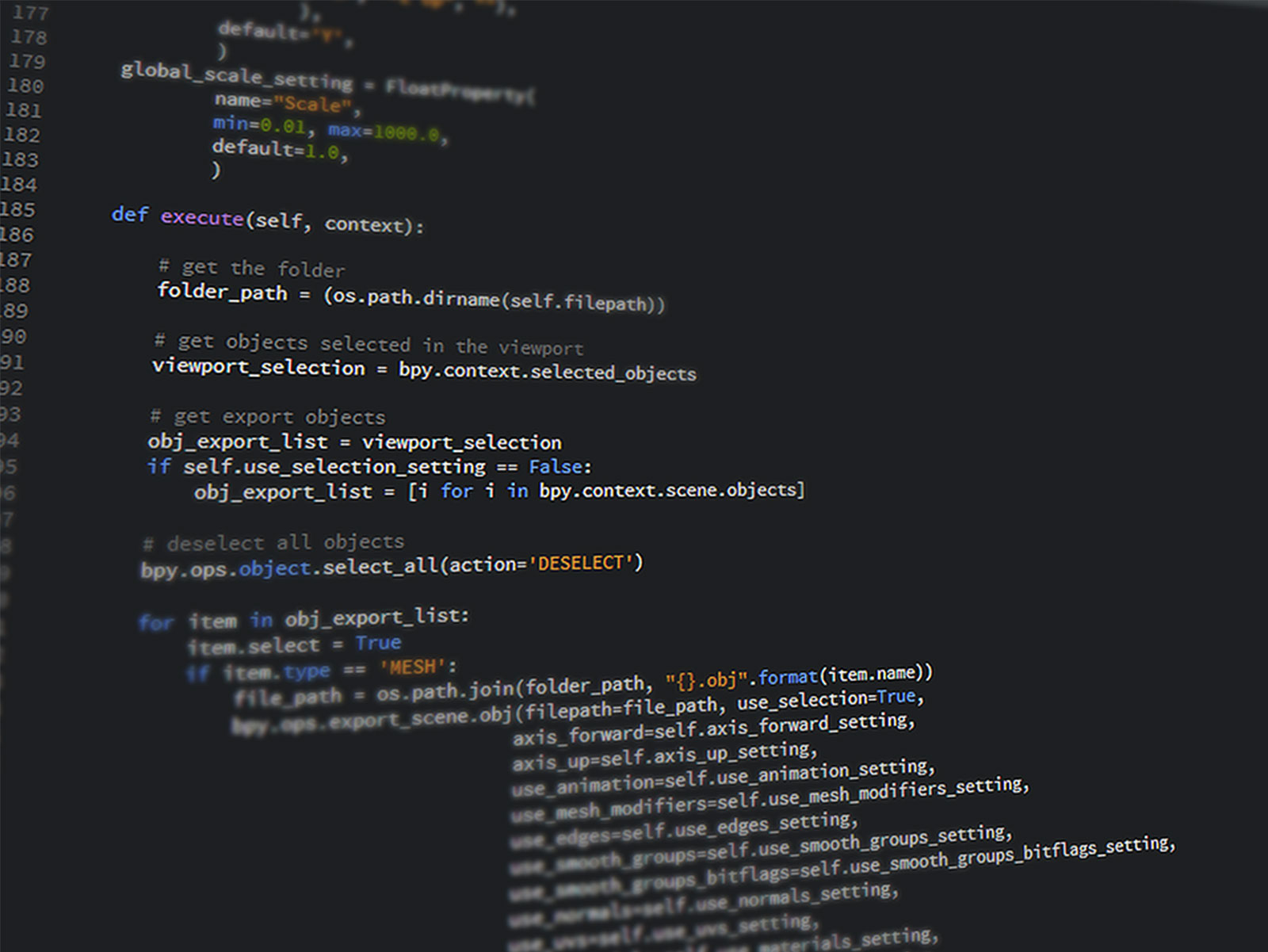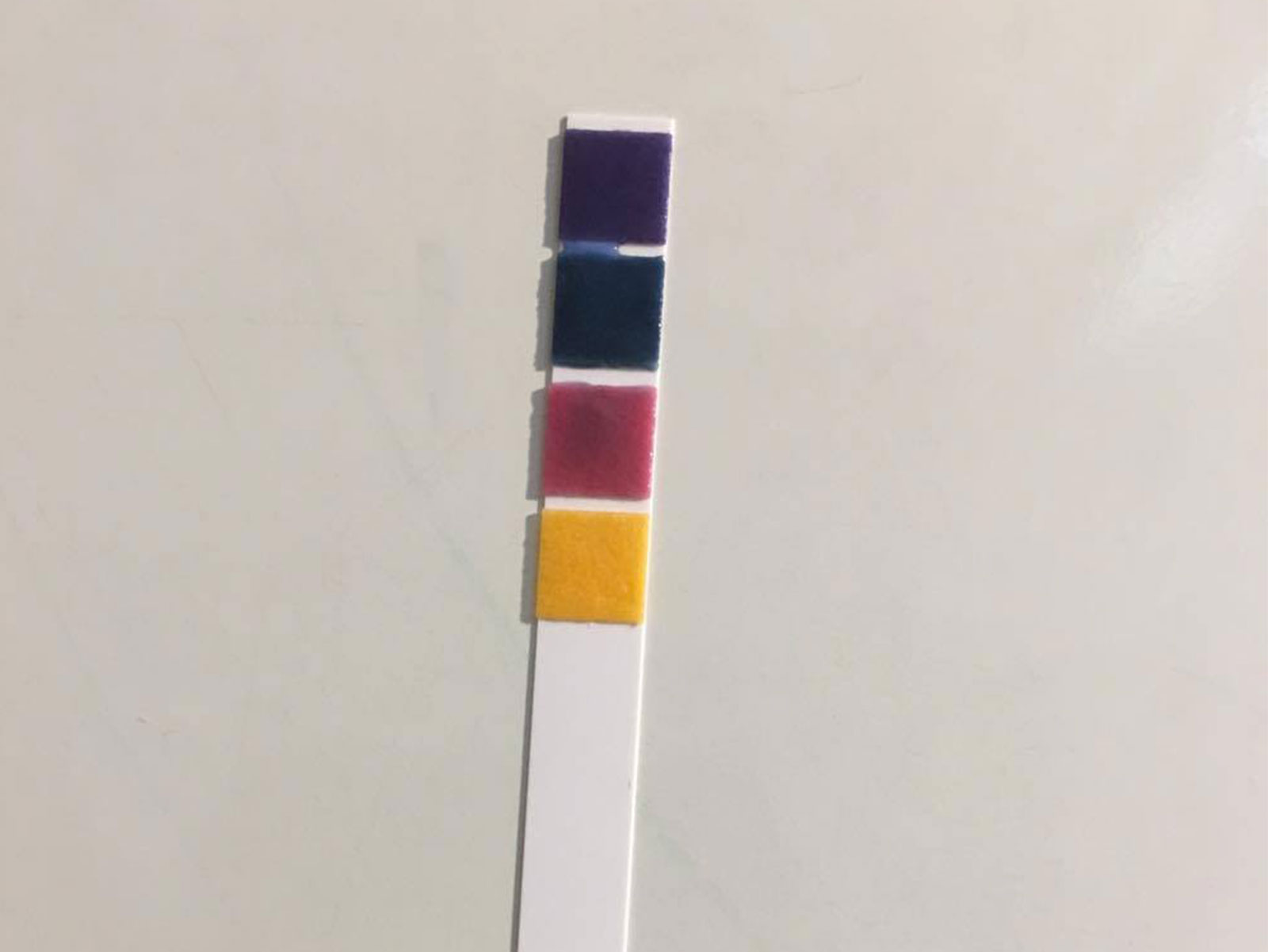Hello! I graduated in 2019 from
UC Berkeley with a major in
Electrical Engineering & Computer Sciences, and a minor in
Bioengineering. During my time in undergrad, I conducted
research in Computational Biology labs and I
taught the data structures course at my university, as both a teaching assistant and a
lecturer. In Summer 2018, I was a software engineering intern at
Citadel. As of September 2019, I have become a software engineer at
YouTube.











